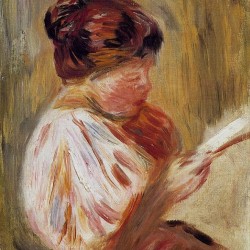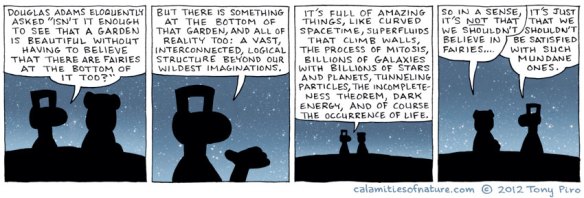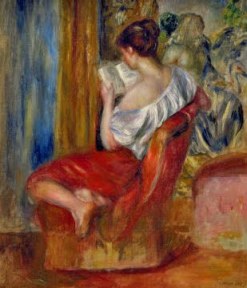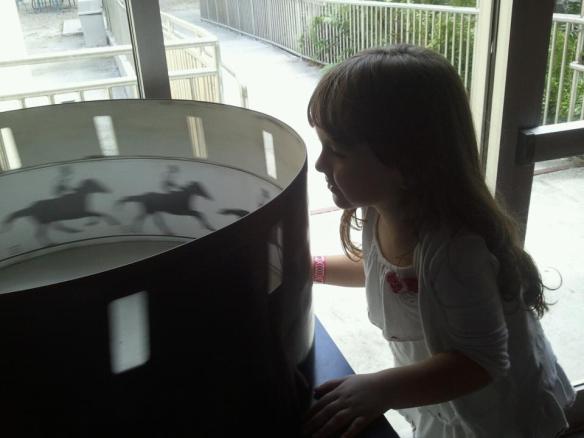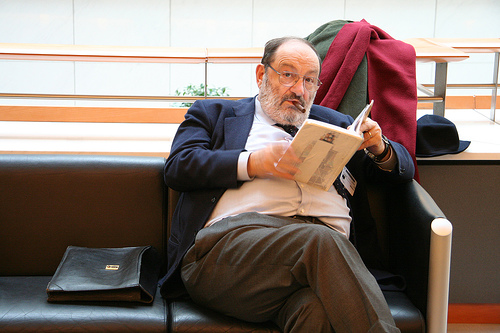Today would have been my grandfather’s 84th birthday. I wrote about him last year, right around this time, and today as I sit here thinking of him, it is his intrinsic goodness and gentleness of spirit that shine the brightest among my memories of him. Through his passion for living, boundless generosity, sincere joyfulness, intense loyalty, and never-ending capacity to love he became the shining example of what it meant to be a good human being, and more than anyone, he taught me the immense power of kindness and joy.
Recently, I had the incredible pleasure of reconnecting with my ex step-mother; a woman who, for nearly a dozen years, played a very big role in my life. Soon after, she told me that her mother had recently passed away, and although I had not seen either one of them in nearly twenty years, my heart was filled with incredible sadness at the news. I realized as the tears welled up in my eyes, that she had been one of those rare people who left an indelible mark on who I am, despite the relatively brief time that I knew her. She was, perhaps, one of the most tender-hearted people who I have had the joy of knowing, always happily willing to go out of her way to make everyone feel welcomed and at home. She had an easy and unassuming way of making me feel, even as an awkward and difficult teenager, well, important. I realized, as I mourned her passing, that she had taught me, like my grandfather, the quiet strength that can lie in gentleness and goodness.
I also recall a Saturday night several moths ago when I sat across from Greg at dinner and listened intently as he spoke about his mother-in-law, grandmother, and grandfather. The change in his voice when he spoke of them, the look in his eyes when he told me of his memories, spoke to the powerful impact and influence that they had on his life. He was lucky to have them, and the common thread between all of them, was, again, their innate kindness and goodness, and the impact that they have had on him is undeniable, as he is undoubtedly one of the kindest, warmest, and most loving men that I have ever known, both as a father to his children and as a partner to me.
We live in a culture that seems to embrace the loud and aggressive kind of strength, the kind that shouts, pushes, and beats its chest. Whether it’s on television, film, or music, those that win are those that push and manipulate their way ahead… or those with the biggest guns. In either case, kindness and joyfulness are seldom depicted as a true virtues, and never as real sources of strength. But the truth is, as I look back on my forty years, it’s not the loud and aggressive that have left a positive mark on my life, but the gentle and kind. It’s them, people like my grandfather, my ex-step-grandmother, and others like them that have given me the keys to living a fundamentally rich and rewarding life.
My daughter is now four years old. In such a blurred rush of time, she’s gone from an infant in my arms to an independent child with a big personality of her own. Last night, as I tucked her in for the night, I wondered who would she encounter in her life, that later she would recall as having helped shape and guide her. My grandfather is no longer here to be that stellar example for her, but I can only hope, despite my many faults, that I can through my actions, show her the lessons that he and others like him taught me.
Happy birthday, Granddad, and thank you for teaching me to find me strength in kindness and compassion, and in gentleness and generosity. I love and miss you terribly.

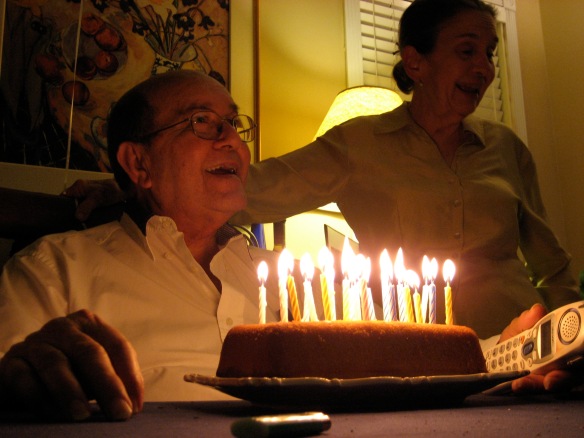
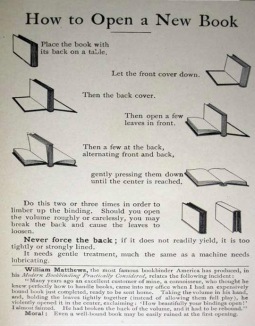 I recently came across this image online (facebook no doubt), and it got me thinking about how we interact with our books. As is obvious by posts like
I recently came across this image online (facebook no doubt), and it got me thinking about how we interact with our books. As is obvious by posts like 
